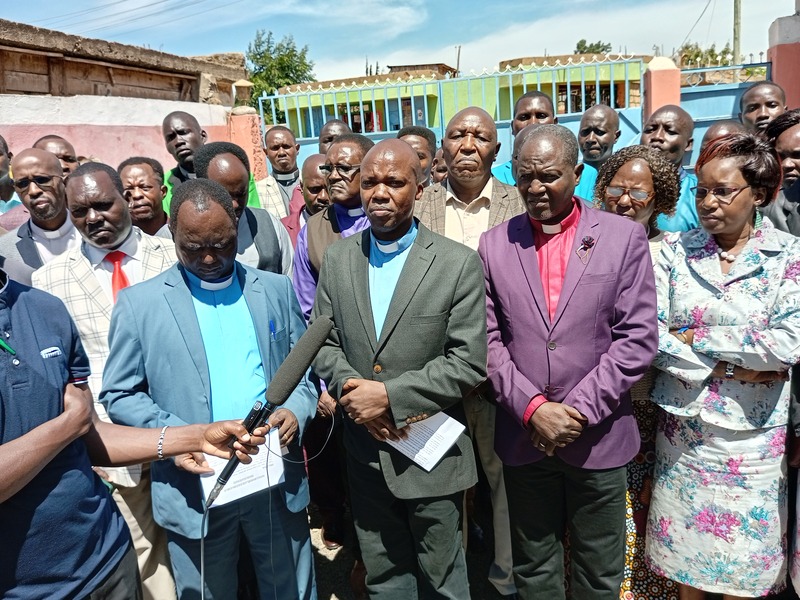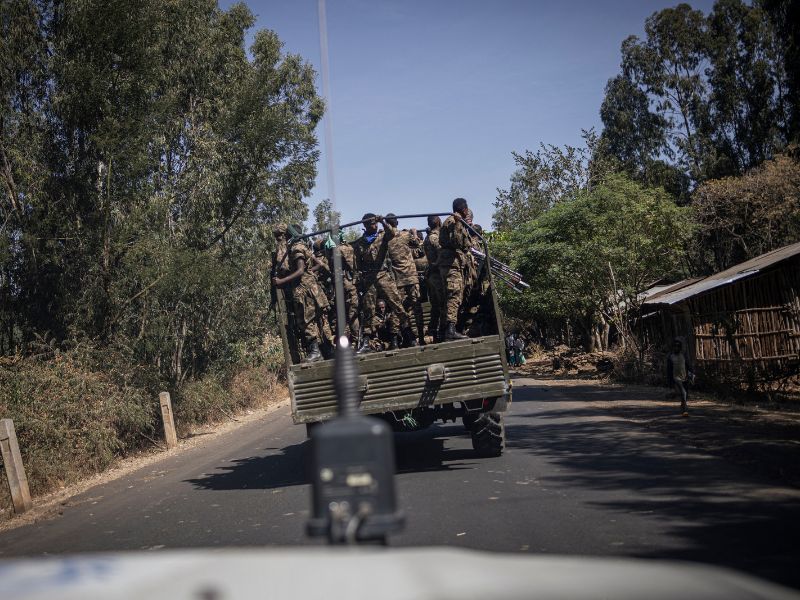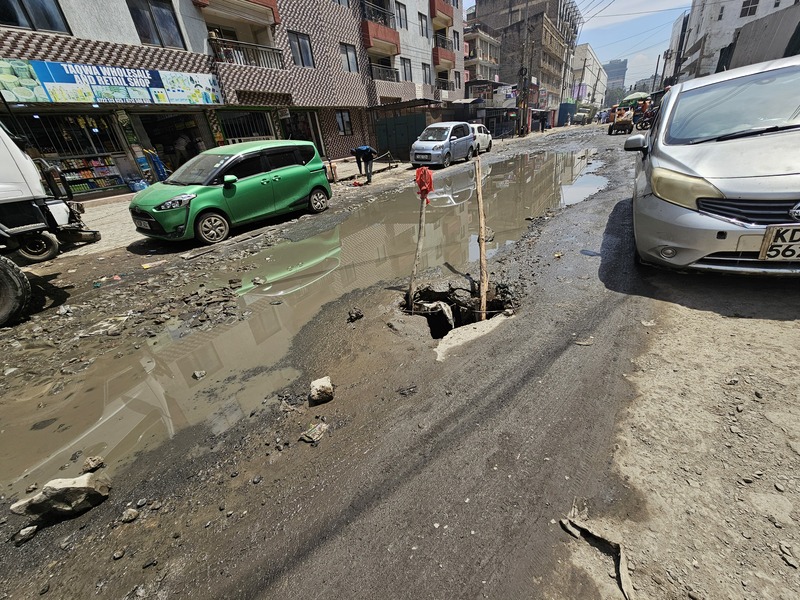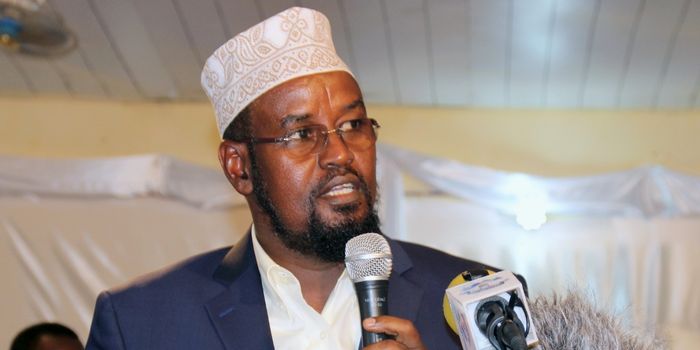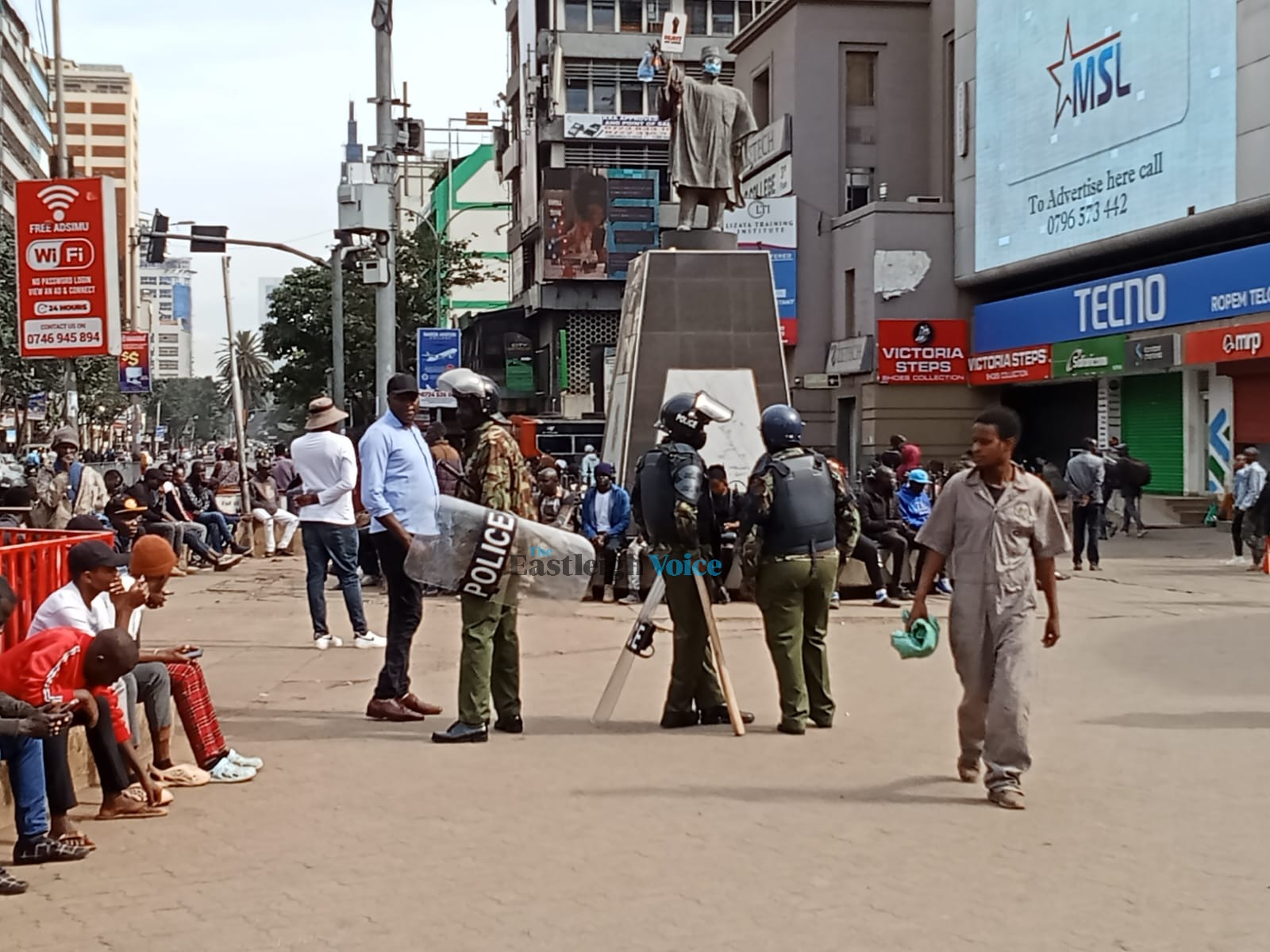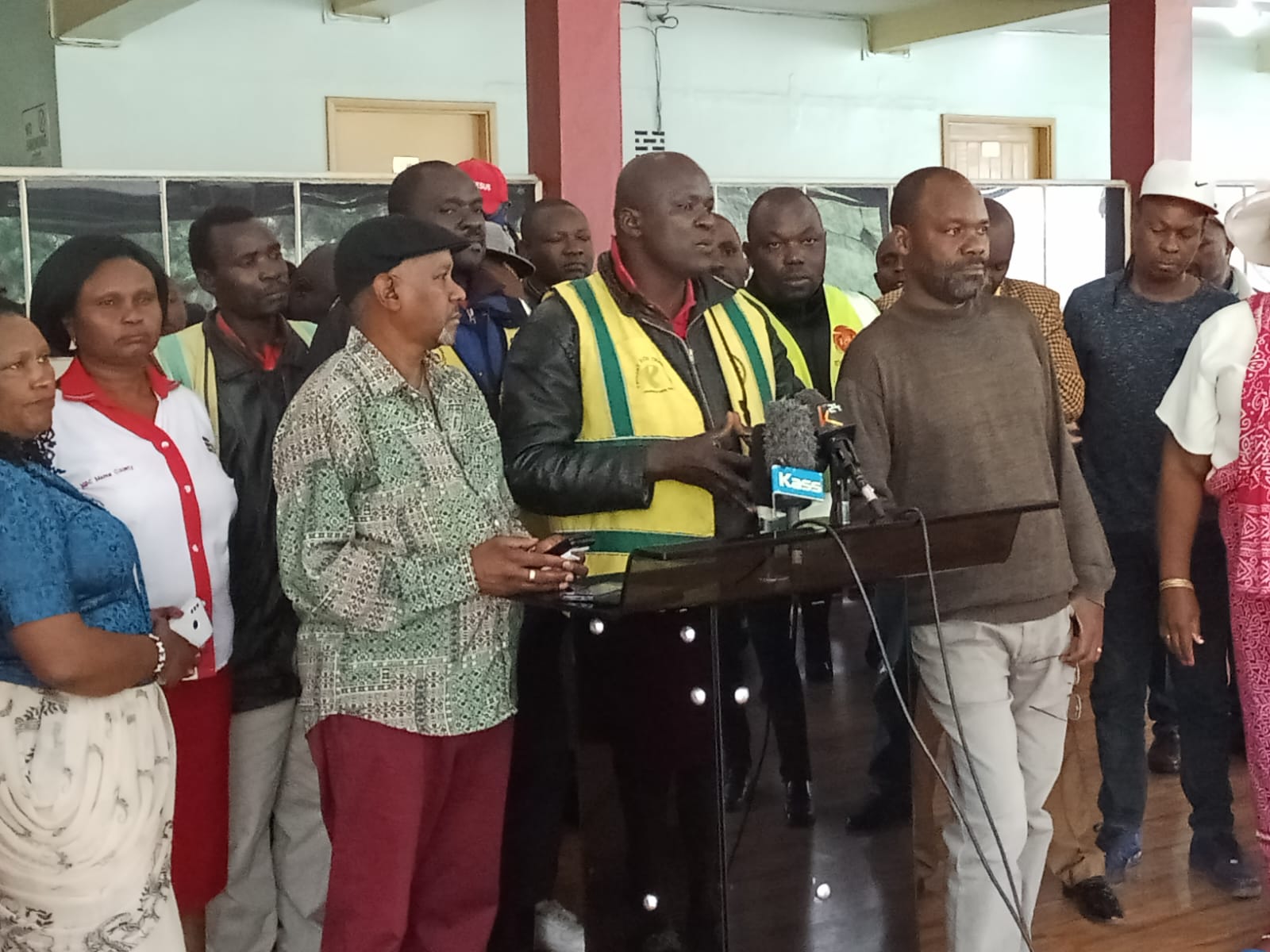Kenya signs IGAD's protocol on free movement of pastoralists

By Mary Wambui |
The Protocol further focuses on conflict prevention, mitigation and resolution, fostering peaceful coexistence and reducing the risk of violence.
Kenya becomes the sixth member state of the Inter-Governmental Authority on Development (IGAD) to sign the regional body's free movement of pastoralists living in border areas in search of pastures for their livestock.
The signing done on Friday by Prime Cabinet Secretary Musalia Mudavadi was witnessed by IGAD Head of Mission in Kenya Fatma Adan, Director of IGAD Centre for Pastoral Areas and Livestock Development Dereje Wakjira, Livestock PS Jonathan Mueke, Col. (Rtd) Ali Raso Dido, Sarah Korere from the Parliamentary Pastoralist Group and Ambassador Joseph Vungo, the Registrar of Treaties at the State Department for Foreign Affairs.
Keep reading
"This will help in promoting peaceful coexistence, reduce the risks associated with violence, lead to the protection of the rights and interests of pastoralist communities, including their access to land, water, and grazing resources, and further cooperation and coordination among neighbouring countries in addressing common challenges across borders," Mudavadi said in a statement
Following the signing, the Protocol will be submitted to the Cabinet and then to the National Assembly for approval of ratification by Kenya.
Once ratified, Kenyans will have the freedom to move within the eight member states - Djibouti, Eritrea, Ethiopia, Somalia, South Sudan, Sudan and Uganda- and establish themselves within the territory of another member state in accordance with the laws and policies of the host member state.
The protocol regulates transhumance activities, including the movement of herders and their livestock across borders; sustainable management of natural resources, including land, water, and pasture to support transhumance activities; conflict prevention, mitigation, and resolution.
"Citizens of a member state who own business or are engaged in an economic activity in the territory of a host member State shall have the right to be accompanied or joined by spouse(s), children and dependents," the Protocol states.
It adds that citizens of a member state who are engaged in business or economic activity in the territory of another member state shall further enjoy the right to join a social security scheme of the host member state in accordance with the national laws of the host member state.
"The Protocol is critical as it provides a framework for the free, safe and orderly cross-border mobility of transhumance livestock and herders in search of water and pasture in IGAD member states," IGAD said in a statement after the signing ceremony in Nairobi on Friday.
The Protocol was adopted during the 72nd extraordinary session of the IGAD Council of Ministers of Foreign Affairs held on June 24, 2021. Countries that have signed it so far include; Somalia, Ethiopia and Uganda.
On behalf of IGAD Exec. Secretary @DrWorkneh, I was honored to witness the signing of IGAD protocol on transhumance by H.E. @MusaliaMudavadi.
— Dr Fatuma Adan (@FatumaIAdan) June 7, 2024
This is a crucial step towards deepening regional integration & fostering greater mobility for the people of the IGAD region. pic.twitter.com/2eyQ37IQ0O
The Protocol further focuses on conflict prevention, mitigation and resolution, fostering peaceful coexistence and reducing the risk of violence.
It also encourages cooperation and coordination among neighbouring countries to address common cross-border challenges.
The Protocol also allows member states, through bilateral or an IGAD arrangement, to establish mechanisms to facilitate the free movement of residents and communities in border areas by the introduction of simple border permits.
It protects citizens in a foreign country from mass expulsion except for specific reasons of public policy, public security and public health with each case getting determined on its own merits.
Subjects of expulsion are, however, required to be notified with a written notice of the decision and afforded the freedom to seek recourse from the appropriate channels like courts and tribunals of the host nation.
The Protocol further allows citizens of another member state to enter the territory of another nation using a registered private vehicle and move freely for a maximum period of 90 days from the date of entry and upon presentation of amongst others; the driver's license, a matriculation certificate or log book as evidence of ownership or registration of the vehicle and the insurance policy of the vehicle.
Member states may suspend, temporarily, the implementation of the provisions of the present Protocol in case of grave threats to public security, public order or public health.
"A member state which suspends or restricts the application of provisions of the Protocol shall notify the other member states of its decisions. The notification shall be in writing and indicate the measure proposed to be taken with respect to the Protocol and the reasons thereof," the protocol states.
At the same time, a member state at any time after five years from the date of entry into force of this Protocol, may withdraw from the Protocol by giving written notification to the Executive Secretary of IGAD.
The notice must be issued not less than one year before the member state intends to withdraw from the Protocol.
"In the absence of prior notice, withdrawal shall be effective one year after receipt of notification by the Executive Secretary of IGAD, or on such later date as may be specified in the notification," the Protocol adds.






